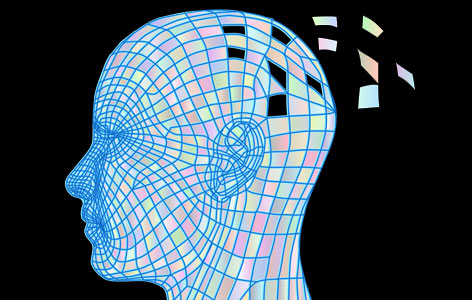
Physicians usually diagnose Alzheimer disease (AD) by looking for signs of memory loss or unexplained changes in personality or behaviour. Unfortunately, by the time these changes occur, brain tissue has already been irreversibly damaged. Thus, rather than curing the disease, existing treatments only serve to lessen the symptoms.
A study by TRI Scientist Dr. Frank Rudzicz has explored a new approach for diagnosing AD at earlier stages. By relying on the fact that patients with AD exhibit language deficiencies that increase in severity as the disease progresses, Dr. Rudzicz explored whether analyzing speech could provide a way to identify those at risk.
The research team trained a computer to distinguish between individuals with AD and healthy controls by using audio files that were taken during hospital visits. They programmed the software to consider the subtle linguistic differences that are often observed in individuals with AD. This newly-designed classification system could accurately identify individuals with AD with over 81% accuracy.
"Although memory impairment may be the most definitive symptom in the diagnosis of AD, it is not necessarily the most sensitive measure of overall or specific brain function,” explains Dr. Rudzicz. “Our system offers a highly sensitive instrument for detecting AD, which could be used to detect the early stages of disease when symptoms are not as obvious. It also gives us a valuable tool with which we can examine the different ways that AD presents itself.”
This work was supported by the Natural Sciences and Engineering Research Council of Canada, the Alzheimer's Association, the Alzheimer Society of Canada, the National Institutes of Health and the Toronto Rehab Foundation.
Linguistic features identify Alzheimer's disease in narrative speech. Fraser KC, Meltzer JA, Rudzicz F. Journal of Alzheimer's Disease. 2015 Oct 15. [Pubmed abstract]




